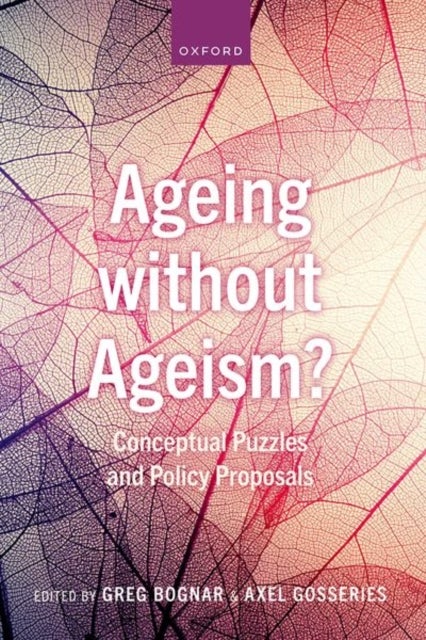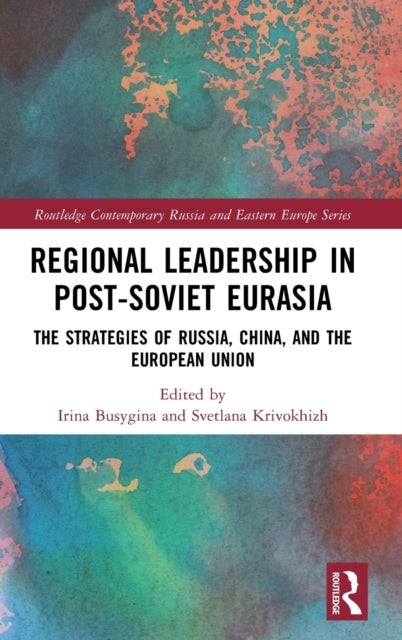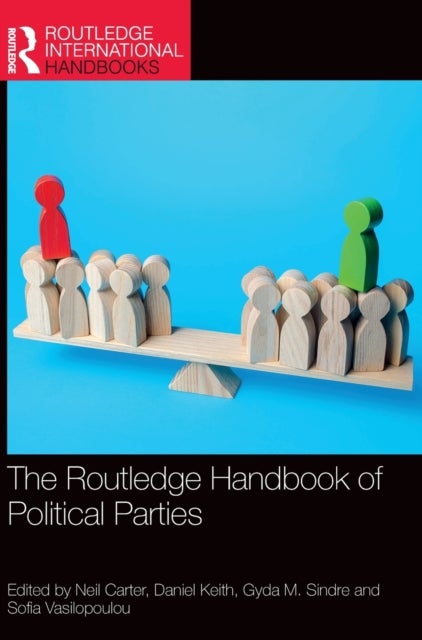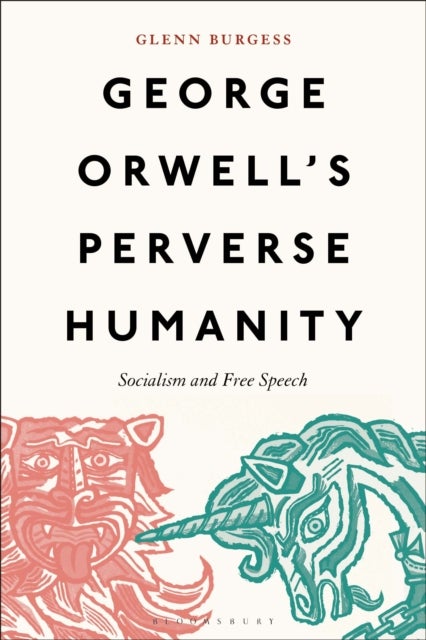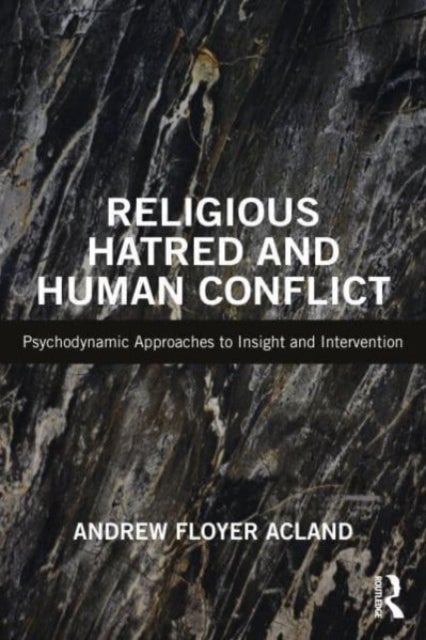
Religious Hatred and Human Conflict av Andrew Floyer Acland
469,-
<P>Religious Hatred and Human Conflict focuses the lens of psychodynamic psychology on a phenomenon that often confounds conventional thinking ¿ the intensity of conflict with religious or quasi-religious dimensions.</P><P></P><P>The book highlights six dimensions of religion: identity, doctrine and practice, emotion and experience, mythology, sacred values and power and control, exploring how these can give rise to religious hatred and lead to marginalisation, persecution and even genocide.<I></I>It also explores reasons for the evolution of religion and religious hatred, and their relationship with human behaviour through contemporary issues such as fundamentalism, martyrdom, clerical narcissism and apocalyptic belief. Acland examines how religious hatred and conflict may be transcended by facilitating processes of dialogue and diapraxis which enable a systematic understanding of prejudices and projections. Lastly, it offers practical methods and strategies for helping individuals an

